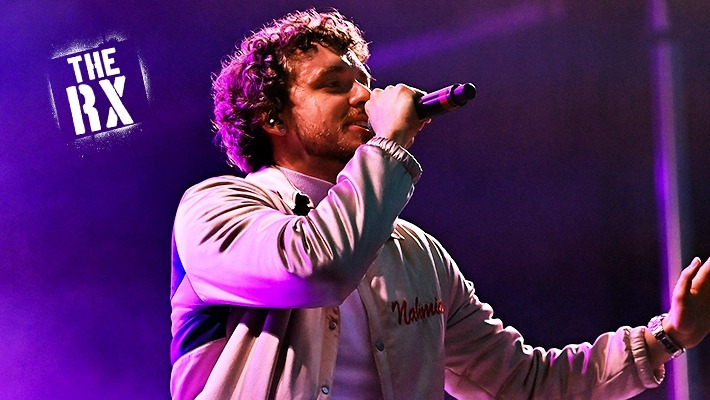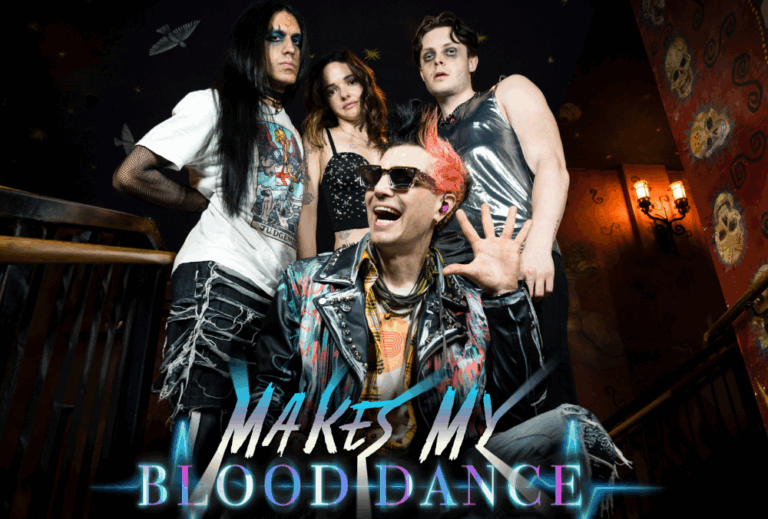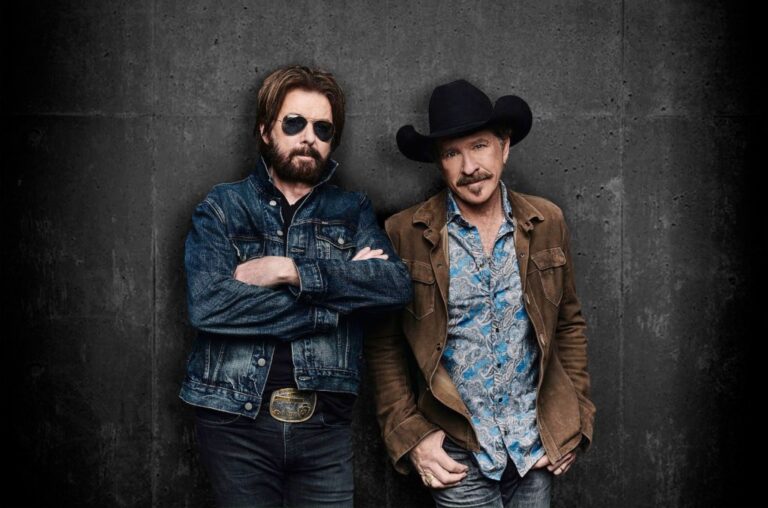The RX is Uproxx Music’s stamp of approval for the best albums, songs, and music stories throughout the year. Inclusion in this category is the highest distinction we can bestow and signals the most important music being released throughout the year. The RX is the music you need, right now.
Drake’s influence is all over Jack Harlow’s new album, Come Home The Kids Miss You. I don’t just mean in the sense that he appears on the album’s magnetic standout track “Churchill Downs,” on which Jack sounds almost exactly like his hero. But throughout the album, I couldn’t help but feel the same sense I did when I first popped Drake’s mixtape Comeback Season into my car’s CD player 15 years ago.
To be clear, this is a good thing. Harlow has been maligned over the years, perhaps somewhat unfairly, for being kind of, well, goofy. In hip-hop, there’s more or less always been the prevailing attitude that rappers should carry themselves with exaggerated coolness. Even throughout the “keep it real” era, nobody really wanted most rappers to be themselves. Look at who all was elevated to the culture’s upper echelons.
From The Notorious B.I.G’s mafioso raps to Eminem’s serial killer horrorcore, over-the-top personas have been the order of the day. In more recent years, the keep-it-real ethos has been completely blown away by characters like Rick Ross and Future, who couldn’t be realistically expected to live what they rap about and still be alive to rap about it. Tucked somewhere into the middle of all that stylistic evolution, the regular guys who exploded in the noughties were kind of exceptions to the rule.
Drake stood at the forefront of that movement and was its de facto face. When he dropped Comeback Season in 2007, he had yet to become the internationally recognized global superstar he is today or would become on his next tape, the breakout So Far Gone. He sat somewhere between the wordy headiness of his backpack rap heroes like Little Brother and Slum Village and the pop-reaching sensibilities of 106 & Park heartthrobs like Trey Songz and Pretty Ricky.
His rhymes were marked less by the belligerent boastfulness of 50 Cent and Lil Jon’s constellation of crunk associates than by a plainspoken earnestness. Drake just wanted to be successful, and he wanted to do it by making relatable, semi-sincere rap music about having his heart broken and chasing his dreams. Nary a gunshot was fired, not a kilo was sold. No one got stomped out in the club, and Drake himself had a relatively average success rate with women. He felt like an underdog but carried himself with the confidence that he wouldn’t be for long.
On Come Home The Kids Miss You, Jack Harlow bears the same sensibility. He’s sort of always had a similar outlook and an introspective approach. But now, his circumstances somehow match both the confidence and the humility. He’s got multiple No. 1s to his name, but he’s also an outsider in hip-hop (so much as rapping-ass white guys can still be considered outliers in a world where Eminem still tops the album chart and Lil Dicky makes poop jokes on a hit cable TV show).
So when Jack shoots his shot at pop stars as he does on “Dua Lipa,” which not only name-checks the British singer but also accurately predicts the inevitable Twitter backlash for doing so, it does give “heart-eye emojis in the comments” energy — but success doesn’t seem completely out of reach. When Jack titles one of the bouncier tracks “I Got A Shot,” you believe him.
The parallels to the prologue don’t stop there. With every successive generation reaching back a couple of decades for inspiration – Drake famously leaned heavily on ‘90s R&B samples throughout his oeuvre – it might be odd to think that it’s time for Gen Z rappers to begin mining the platinum era. But that time has come – sorry, fellow Millennials, you’re officially old now – as Harlow looks to 106&Park mainstays like Pharrell and Snoop Dogg’s “Beautiful” for “Side Piece,” Tweet’s “My Place” for “Lil Secret,” and Fergie’s “Glamorous” for his chart-topping single “First Class.”
In this, Harlow defies convention as much as his new mentor did with Comeback Season and So Far Gone. The defining sound of our modern era is very much “808s and trap breaks”; with Come Home, Jack signals what perhaps could be the next evolution of the sound for the still-young decade ahead – just like someone we know. He’s willing to take the risk of diverging from the mainstream with his glossy collection of synth horns harkening back to the days when T.I. and Bow Wow held radio in a chokehold. But he’s also perfectly positioned to be the one to spark this latest nostalgia wave, what with TikTok being deluged in 2000s hits and radio playing a song sampling Mariah Carey four times an hour.
In my review for Harlow’s debut album, That’s What They All Say (I love his penchant for wordy titles), I pointed to the Kentucky MC’s potential and obvious passion and love for the craft of rap. On Come Home, he certainly lives up to that potential – perhaps even exceeds it – by pairing it with ambition. Before, Jack was satisfied with walking in the footsteps of prior greats. Now, it looks very much like he intends to make some of his own.
Come Home The Kids Miss You is out now on Atlantic. Get it here.
Jack Harlow is a Warner Music artist. Uproxx is an independent subsidiary of Warner Music Group.




